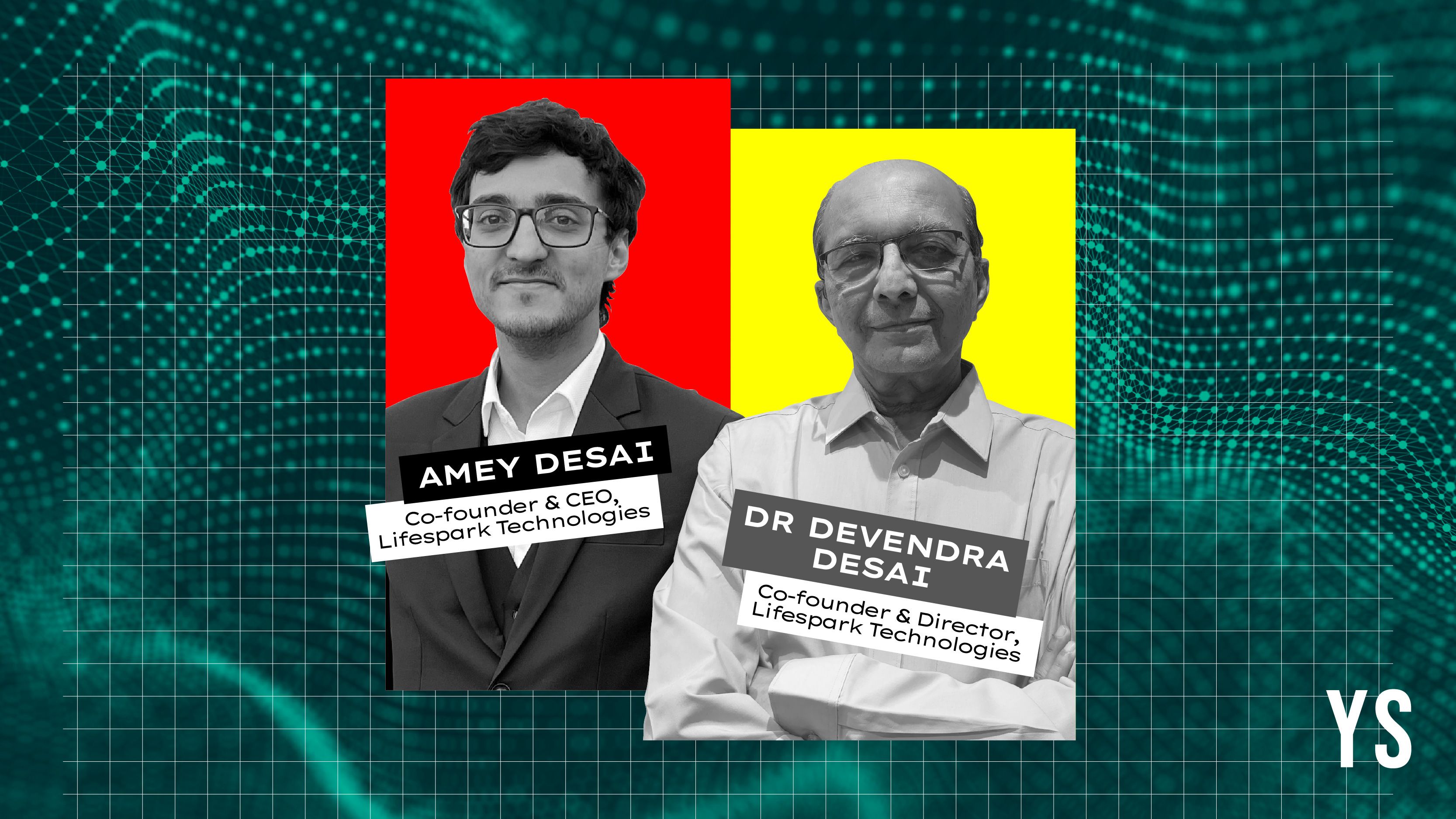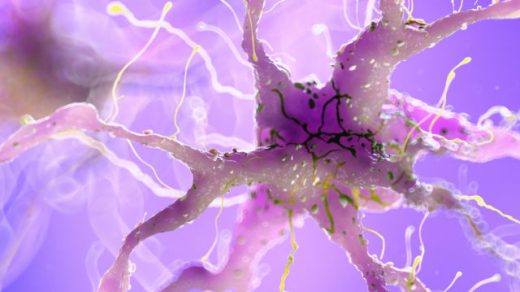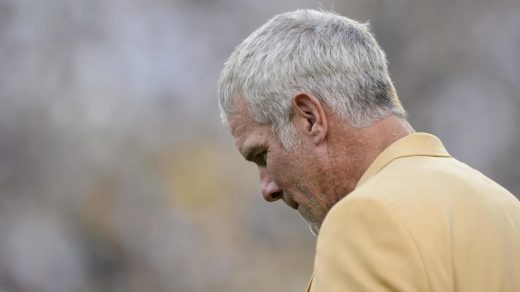
Born to doctors, Amey Desai went against familial tendencies and became an engineer instead. But the world of medicine continued to have an impact, reflecting in some of the decisions he took as a student at BITS Goa. For instance, he chose to study the electroencephalogram, a test that measures and records the electrical activity of the brain.
Not long after, his paternal grandfather fell and broke his hip, introducing Amey to the space of biofeedback and neurological conditions.
“Everyone in my family is educated, and we were aware of his issues. But we could not see the inflexion point; maybe if we had done physiotherapy before that, he might not have had the fall,” Amey tells YourStory.
Amey decided to change track and develop technologies to predict the onset of such conditions, and he chose to target Parkinson’s disease, a progressive neurological disorder that leads to a lesser production of dopamine and severely weakens the ‘signals’ between the brain and muscles, resulting in unbalanced and shaky movements.
In 2018, he joined hands with Dr Devendra Desai—a veteran gastroenterologist and research scientist—and co-founded Lifespark Technologies, a healthtech startup developing solutions for neurological conditions like Parkinson’s and stroke rehabilitation. While Amey serves as its CEO, Devendra heads the research team as the Director. With a 10-member team, the startup was incubated under IIT Bombay (IIT-B) in 2023.
A deeptech solution in medical science
Lifespark’s main product is WALK, a wearable device that allows people with Parkinson’s disease to move more easily.
The device, usually worn like knee caps, has sensors that collect data and track any symptoms that may lead to a fall through haptics—technology that stimulates senses of motion in muscles through vibration.
WALK, which costs Rs 10,000 to manufacture, is currently priced at a discounted rate of Rs 49,999. After a year of beta testing with 267 people, it was launched in the market this August. From beta version 267, the healthtech startup plans to acquire 10 lakh customers (with various neurological conditions) by the end of FY29.
“Usually, when a product goes from the lab to real life, there is a drop in efficacy. Thankfully, we haven’t seen that yet. Some have been using our product for two and a half years and are managing quite well,” says the CEO, adding that people should expect to see results between one and three months of using the device.
A report by the Annals of the Indian Academy of Neurology states that of the 6.1 million people suffering from Parkinson’s in the world as of 2016, 5.8 lakh of them (roughly 10%) are in India. As the condition is widespread, Amey and his team are creating a SaaS platform called Pathfinder, which tackles the neurological disease with ‘heterogeneity’.
“By heterogeneity, I mean that Parkinson’s affects individuals on various levels. Some are fine for decades, while others deteriorate in five years. With the Pathfinder platform, WALK will analyse how a person walks and will determine the risk factors. Our AI will take note of specific therapies the person is able to do and will create a report for a neurologist,” he says.
In its analyses, the patented technology will determine a person’s inflexion point, suggesting when the patient should consult an expert in case the symptoms persist. Pathfinder, which will have separate dashboards for neurologists and physiotherapists, is presently in a closed beta stage and is scheduled to be launched by the end of this year.
“We have noticed that if WALK improves the mobility of Parkinson’s patients by 50%, it can help elderly people walk better by 20%. So we are thinking of extending the platform as a diagnostic as well as a treatment modality,” he says.
One of the ways in which the team is ‘extending the platform’ is through introducing MyoRhythm and MyoAir, two devices that conduct electromyography—a diagnostic test to measure electrical activity of muscles and nerves—to find the specific areas of treatment. While MyoRhythm is a wired device, MyoAir is wireless.
“Those devices do a closed-loop electrical stimulation of other parts of the nervous system. We are targeting tremors. We are also targeting spinal excitability, which determines the spinal cord’s responsiveness to stimuli, and is important in cases of stroke and spinal cord injuries, among other things,” Amey says.
The startup has an app, which has been downloaded about 800 times, says the founder. “The app for patients and caregivers focuses on insights (from reports) and targets rather than the raw data. For example, it will show which areas of the body need which exercise. And it will set a weekly plan with a target score in the prescribed therapy games,” he says.
He adds that the doctor’s app shows raw data much like a blood test report. It will show test timings, walking pattern data and other similar parameters. “Doctors can use this data to suggest therapeutic approaches.”
Lifespark is presently developing a product—in the form of a small patch—that can be placed on a person for 20 days and will adjust how that person walks in real time. WALK is currently being tested for treating stroke and multiple sclerosis.
Producing healthtech in-house
The healthtech startup has collaborated with manufacturing hubs in Gujarat, Karnataka, Punjab and Maharashtra. After parts are manufactured, they are assembled at the startup’s facility in Mumbai. Pre-incubated with IIT-B since 2019 and completely incubated since 2023, Amey believes the institute has been very helpful due to its strong faculty.
“The incubator sign itself has been very beneficial and is very good at making network connections. They have helped us get in touch with the right people and advised us to rightly capitalise our journey,” he says.
It has a 10-member advisory board of working neurologists from NIMHANS Bengaluru and Fortis Mulund, Mumbai, among others.
One of the advisors, Samit Chakrabarty—Assistant Professor of Neuroscience at the University of Leeds and the Editor-in-Chief of Research Directions in Bioelectronics, Cambridge University Press—says that Amey and his team are creating technology that is very crucial.
“Chronic disease management is a critical but often overlooked part of healthcare. I believe Lifespark’s mission has the potential to make home-based healthcare much easier and impact the lives of millions,” he says.
It is piloting its products with hospitals like AIIMS Delhi and NIMHANS.
Funding and the future
Bootstrapped with a total investment of about Rs 2.7-3 crore, Lifespark aims to raise a seed round of $3 million in the next three months. The funding will be used to scale the business and get international regulatory approvals, which the healtech startup expects to receive in the next 18 months.
“We want to build a patient corpus in India and get to about 10,000 patients. We want to use that data to build highly specific models for the country and launch them in multiple external markets as well,” Amey states.
In their closed beta year from July 2024 to July 2025, Lifespark made an annual revenue of $100,000. It is planning to generate $300,000 by the end of FY26 and continue growing progressively each subsequent year.
Competing with international companies like US-based MedRhythms and UK-based Charco Neurotech, Lifespark sets itself apart with its ability to tackle progressive conditions.
“The Pathfinder platform is meant to be able to provide services at the right time to these individuals, which is one critical missing factor in the area. And the services and solutions can be done from one’s home,” he explains.
In 2024, Amey’s maternal grandfather was diagnosed with Parkinson’s and turned to Lifespark for support. “My grandfather is now doing much better after using our products. That was very satisfying for me,” he says.


